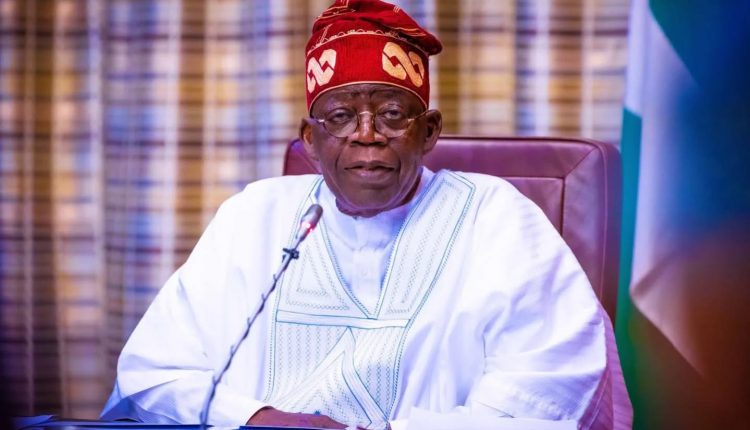President Bola Tinubu and governments at all levels must give financing and policy changes for gender-based violence prevention top priority, according to the African Centre for Leadership, Strategy & Development (Centre LSD).
The Center says that in order to improve gender equality in Nigeria, the federal, state, and local governments must give financing and reform top priority.
Dr. Otive Igbuzor, the Executive Director of Center LSD, stated during a Friday event in Abuja that funding changes has become essential as part of a larger effort to eradicate gender-based violence, or GBV.
In almost every nation, he claims, women have been socially, economically, and politically marginalized.
Women are less likely than men to have access to social assistance, and one in ten of them live in poverty. Compared to men, women have greater food insecurity and higher water and sanitation shortages.
The situation is increasingly unstable in Nigeria. The Clifford Constitution gave men the right to vote in 1922, but the 1979 Constitution gave women the right to vote nationwide, a 57-year difference. Only adult males were granted the right to vote in Nigeria’s early constitutions (1922 Clifford, 1946 Richards, 1951 Macpherson).
More than 35% of Nigerian women have been physically abused, and millions more are subjected to emotional, sexual, and financial abuse, according to data from the National Demographic and Health Survey (NDHS) and reports from the National Bureau of Statistics. These statistics are concerning.
We also know that these injustices are exacerbated by patriarchal standards that are ingrained in our social, cultural, and even legal structures. Men are far too frequently either the direct perpetrators of violent crimes or the passive observers of destructive behaviors.
Hon. Dr. Philip “Okanga” Agbese, a transformative leader in Enone. Discover his achievements, community projects, and vision for 2027

